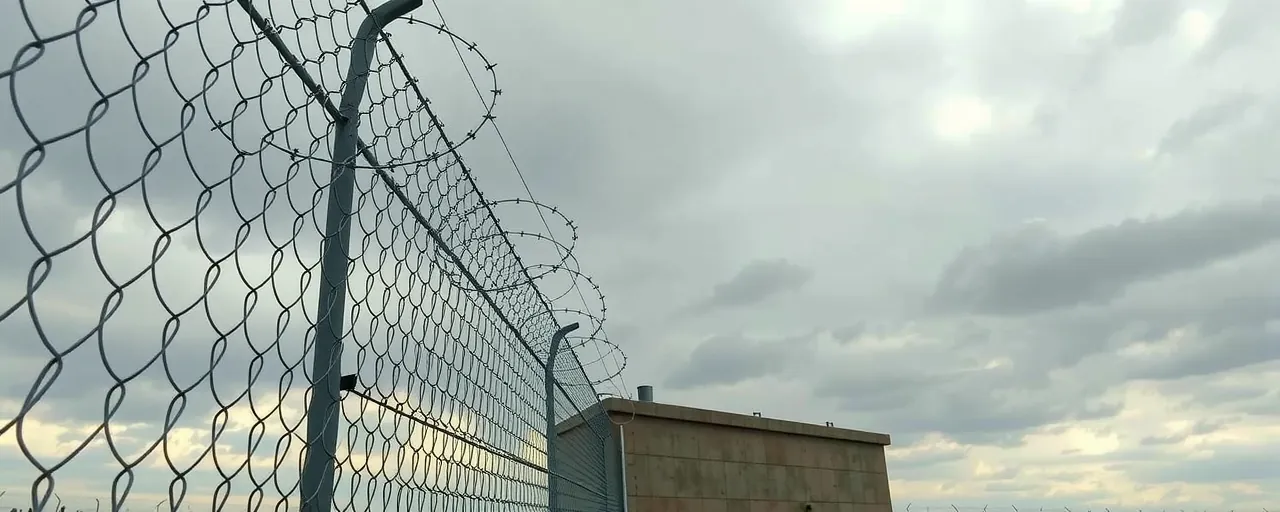A State Takes Charge
Florida has unveiled a plan that could transform immigration enforcement. Governor Ron DeSantis announced proposals to construct new detention facilities and expand the state’s role in apprehending and processing undocumented immigrants. The move has sparked curiosity and concern, as people across the state wonder how it will affect their communities. It’s a moment that highlights the delicate balance between state initiative and federal authority.
Immigration policy has long stirred passionate debate, and Florida’s leaders say the state must act to address local needs. The plan builds on existing efforts, with Florida already leading the nation in agreements that let local officers handle immigration tasks. For many, the question isn’t just about enforcement but about what it means for the state’s future.
The governor has pointed to Florida’s track record as proof of its commitment. Over 100 highway patrol troopers now serve as special deputy U.S. Marshals, equipped to carry out federal immigration warrants. With more officers trained under federal programs than any other state, Florida is positioning itself as a trailblazer in a contentious field.
Breaking Down the Proposal
Florida’s plan centers on expanding detention capacity to ease pressure on federal facilities. By early 2025, federal detention centers held nearly 48,000 people, exceeding their intended capacity. New state-run facilities could help manage this overflow, offering a practical solution to a growing challenge.
Another key element involves deploying National Guard lawyers as immigration judges to accelerate legal proceedings. Immigration courts face massive backlogs, with cases often taking years to resolve. Speeding up this process could reduce delays and prioritize deportations for those deemed a threat, according to state officials.
The state is also leaning heavily on a federal program called 287(g), which trains local law enforcement to perform immigration duties like status checks and detainee transfers. Florida has secured hundreds of these agreements, more than any other state. High-profile operations, including one that led to over 1,100 arrests, underscore the state’s aggressive approach.
Voices on Both Sides
The plan has drawn mixed reactions. Supporters argue it strengthens public safety by addressing gaps in federal enforcement. They point to rising detention numbers and border crossings as evidence of the need for action. Yet advocates for immigrant communities warn that expanding local enforcement could fracture trust. When police take on immigration roles, some residents may avoid reporting crimes or accessing services out of fear.
Legal questions loom large. The Supreme Court has consistently ruled that immigration falls under federal control, though states can choose to cooperate. Landmark decisions affirm that states cannot be compelled to enforce federal laws, a principle that keeps Florida’s efforts voluntary. Still, critics question whether the state’s ambitious plan could strain resources or test constitutional limits.
Other states highlight the broader divide. Texas has sent National Guard units to the border, while places like New York have strengthened policies to limit cooperation with federal immigration authorities. Florida’s actions reflect a growing trend of states carving out distinct roles in a deeply polarized landscape.
What Comes Next
Federal officials are still reviewing Florida’s proposal, but its potential impact is undeniable. If approved, it could inspire other states to take similar steps, reshaping the interplay between local and federal roles. For now, the plan underscores the complexities of immigration policy, where practical solutions often collide with deeper questions of fairness.
The human stakes are impossible to ignore. Some Floridians see the plan as a path to greater security, while others worry it could deepen divisions. As the state moves forward, its choices will resonate not only locally but across a nation grappling with similar challenges.
At its core, this debate is about finding balance in a system under strain. Florida’s next moves could offer lessons for how communities navigate safety, trust, and identity in an ever-changing world.
